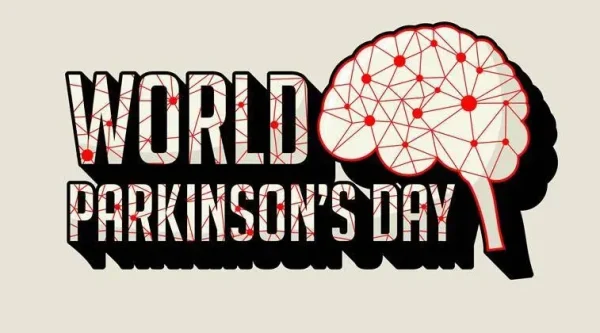
Nagpur: April 11 is World Parkinson’s Day – part of World Parkinson’s Awareness Month. When the world came together to shine a light on Parkinson’s, a progressive, degenerative condition of the central nervous system. First World Parkinson’s Day (WPD) was held in April 1997. It was set up by the European Parkinson’s Disease Association (now known as Parkinson’s Europe) and co-sponsored by the World Health Organisation (WHO). The date commemorates the birthday of Dr James Parkinson.
Born 11 April 1755, James Parkinson is most famous for his essay ‘An Essay on the Shaking Palsy’ in 1817, which first recognised Parkinson’s as a medical condition.
India is home to nearly 0.58 million persons living with PD as estimated in 2016, with an expected major increase in prevalence in the coming years. Despite the large number of people affected with PD, insights into the underlying genetic and environmental risk factors specific to the Indian population are limited.Parkinson’s Disease (PD) is a type of nervous system disorder that affects movement along with the ability to perform daily common activities. PD tends to slowly damage the central nervous system, comprising the brain and the spine thus affecting the motor system of the patient’s body.
The prevalence of speech disorders among individuals with Parkinson’s disease (PD) has been reported to be as high as 89%. Speech impairment in PD results from a combination of motor and no motor deficits. The production of speech depends upon the coordination of various motor activities: respiration, phonation, articulation, resonance and prosody. Despite the high prevalence of speech disorders in PD, only 3-4% receive speech treatment, says L. Anuroopa, Assistant professor Speech and Hearing Department, Composite regional centre for skill development, rehabilitation and empowerment of persons with disability, Nagpur. Parkinson’s speech problems are characterized as being dysarthric. Dysarthria is caused by muscular weakness necessary for speech. Speech appears slurred or unintelligible to the listener.
Parkinson’s speech problems may also include slow speech, rapid rushes of speech, decreased vocal loudness, monotone voice, and imprecise articulation. These can all impede intelligibility.
If you have speech and voice problems, see a speech-language therapist. Your doctor can help you find a speech pathologist in your local area. Speech-language therapists are specifically trained to diagnose and treat speech, language and swallowing disorders.
Speech pathologists help people with Parkinson’s speak clearly, loudly, and with intent. They help in displaying emotion with facial cues through specific exercises. Furthermore, SLPs increase word-finding abilities, and can help manage cognitive functioning, comprehension issues, memory, and following directions. Speech pathologists provide oral motor exercises to assist with speech, voice, and swallowing abilities. Speech therapy includes respiration (breath support) which controls the power necessary for speech loudness. Most PWP think that they are speaking loud enough. Their internal self-regulating mechanisms are impaired. Therapists can help with resonance – how the air is shaped by the oral and nasal cavities. They can also help with prosody – the rhythm, melody, and intonation of speech. A speech pathologist may also assist with safe swallowing techniques to prevent aspiration, when food or liquid goes “down the wrong pipe.” This can lead to aspiration pneumonia, which is the common cause of death in Parkinson’s.
Although management of Parkinsonian dysarthria is clinically challenging, speech treatment in PD should be part of a multidisciplinary approach to patient care in this disease.
At CRC, Nagpur we have a multidisciplinary team and we have dedicated one day in a week specially for treating, rehabilitating and empowering adults with disability like aphasia, dysphagia, Parkinson’s disease, or any neurological conditions says L. Anuroopa, Assistant professor, Department of speech and hearing, CRC, Nagpur.














